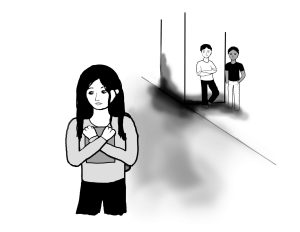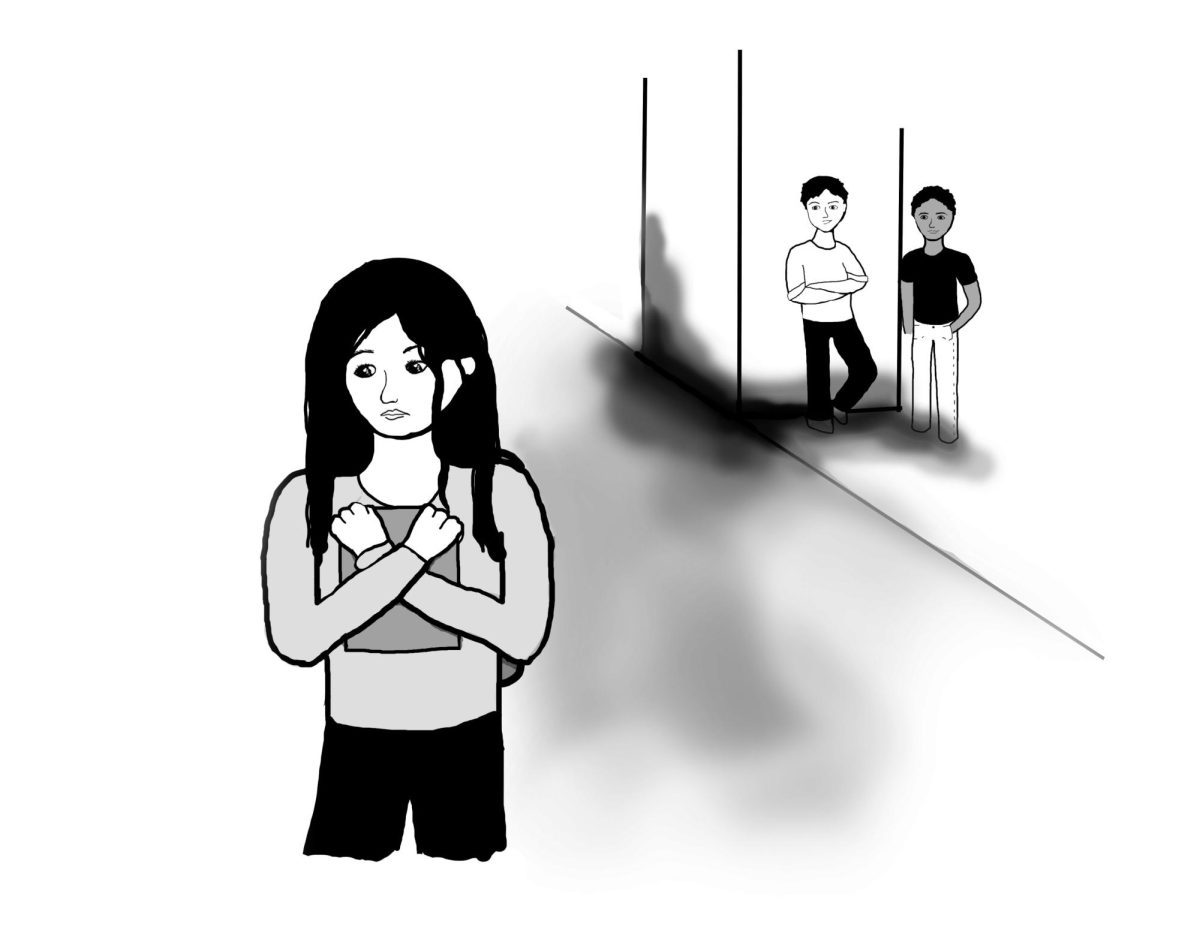
When the sexy men and women of “Ally McBeal” shared one bathroom in their progressive law firm, the mid-1990s audience was shocked. Sexually non-discriminate bathrooms were an anomaly at the time and something that only lawyers in too-short skirts with fantasies about dancing babies dealt with.
Gender-neutral bathrooms are no longer marginalized to lawyer-based dramedies and are now becoming more common in public areas. With a greater awareness of the GLBTQ community, a campaign for more genderneutral bathrooms is growing in popularity across the nation, with its strongest foothold on liberal arts campuses.
The move toward non-gender specific bathrooms is one of safety and comfort. According to Assistant Professor of Religion and Gender Studies Melissa Wilcox, an advocate of gender-neutral bathrooms, the strict division and gender specificity of bathrooms can make using one can a “humiliating or dangerous” experience for those outside social gender norms.
Though less progressive than many colleges in this issue, Whitman still provides places on campus where gender-neutral bathrooms are an option for students.
According to Nancy Tavelli, Campus-Life Director, Whitman provides non-gender specific bathrooms in all upperclassmen campus housing. Douglas Hall, North Hall, Marcus House, College House and the Interest House Community all provide this bathroom option. “Most things are fairly gender-neutral, especially in places where students decide their community,” said Tavelli.
In the spaces on campus where students have the option of choosing their community, they also have the option of deciding whether to use gendered or non-gendered bathrooms. According to Tavelli, this ideally allows for everyone’s comfort needs to be met.
Sophomore Heather Ferguson, an RA in Douglas, affirmed this democratic method of assigning bathrooms.”It seems like each suite decides for themselves how they would like the bathrooms to be set up,” she said.
In spite of the relative national controversy surrounding gender-neutral bathrooms, the ones on campus act as either a non-issue for students or as a welcome reprieve.
“I have not noticed any controversy surrounding the bathrooms in Douglas,” said Ferguson.
Sophomore Joe Cross, another Douglas RA, told of an atmosphere of support for non-gender specific bathrooms. “Last semester I lived in Douglas and someone put up ‘Men’ and ‘Women’ signs on the bathroom doors…eventually some of us replaced the signs with ‘Humans’ and ‘Aliens,'” he said.
The move for gender-neutral bathrooms largely stems from the need to provide a safe and comfortable environment for those who may feel ostracized by strict gender definitions.
“People have bathroom incidents because they don’t at first glance look the appropriate gender for the bathroom,” said Wilcox.
She cites short hair on women, long or curly hair on men, androgynous dress and homophobia as reasons why individuals may be targeted in bathrooms.
A spokesperson for Whitman Coalition Against Homophobia echoed Wilcox’s sentiment.
“Gender neutral bathrooms can be beneficial for anyone who is gender variant,” the spokesman said. “This would include transexual people in the process of transition, trans people who do not ‘pass’ as either male or female, masculine lesbian women, feminine gay men, feminine straight men, masculine straight women, gender variant bisexual individuals etc, etc.”
Wilcox explained that androgynous or gendervariant individuals often feel torn or uncomfortable making a definitive decision about their gender identification, especially in areas as private as bathrooms. That weight gets lighter when they don’t have to make a choice.
“It’s freeing for a lot of people,” she said. Whitman aims to provide more genderneutral facilities in both residence halls and public buildings.
“The move is to have more gender-neutral bathrooms,” said Tavelli. However, the renovations necessary to make these changes would cost more than Whitman can currently afford. The changes would go beyond merely changing bathroom signs. To insure privacy for all, showers and bathroom stall would have to stretch from floor to ceiling. Showers would need to have attached changing stalls to prevent anyone from feeling vulnerable at any time.
“Colleges with gender-neutral bathrooms are generally built or renovated with that in mind,” said Tavelli explaining the financial need to make these changes. “And most of the stuff we’re using is from the 50s.”











